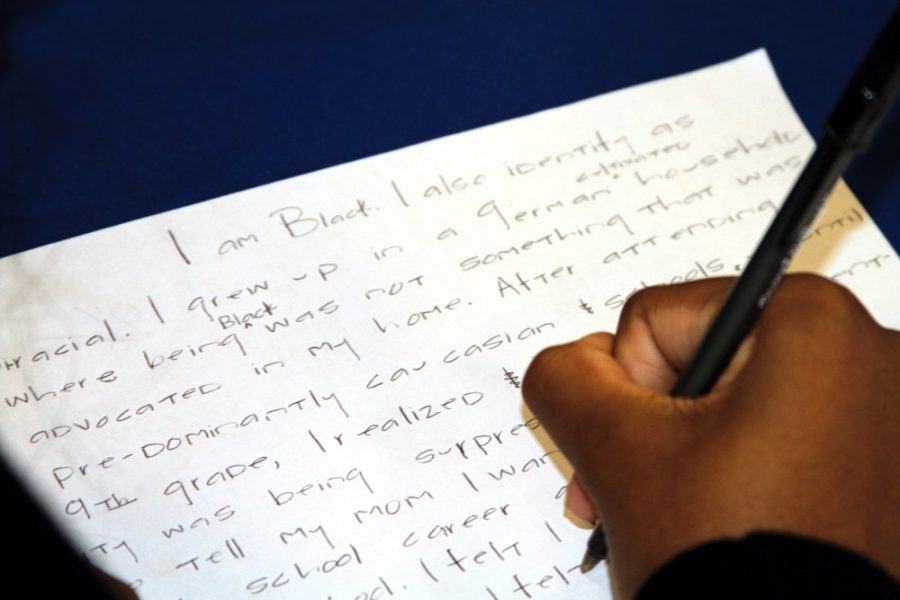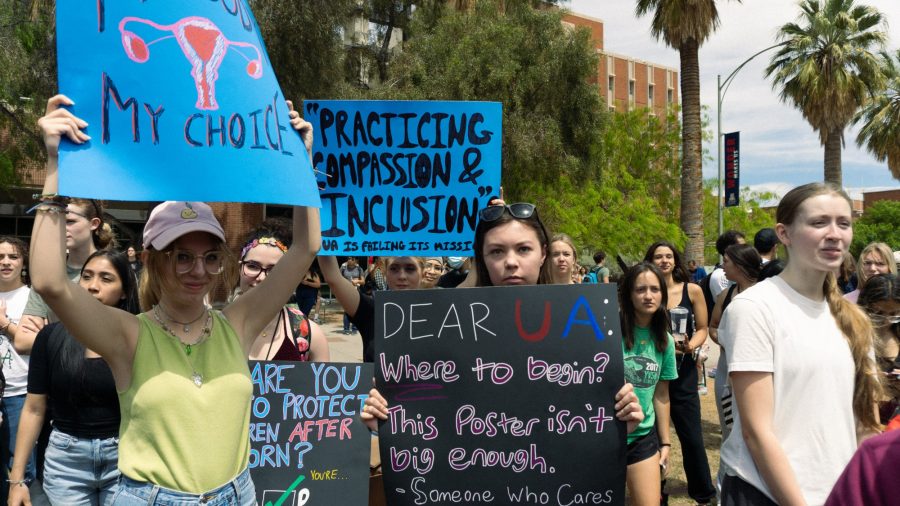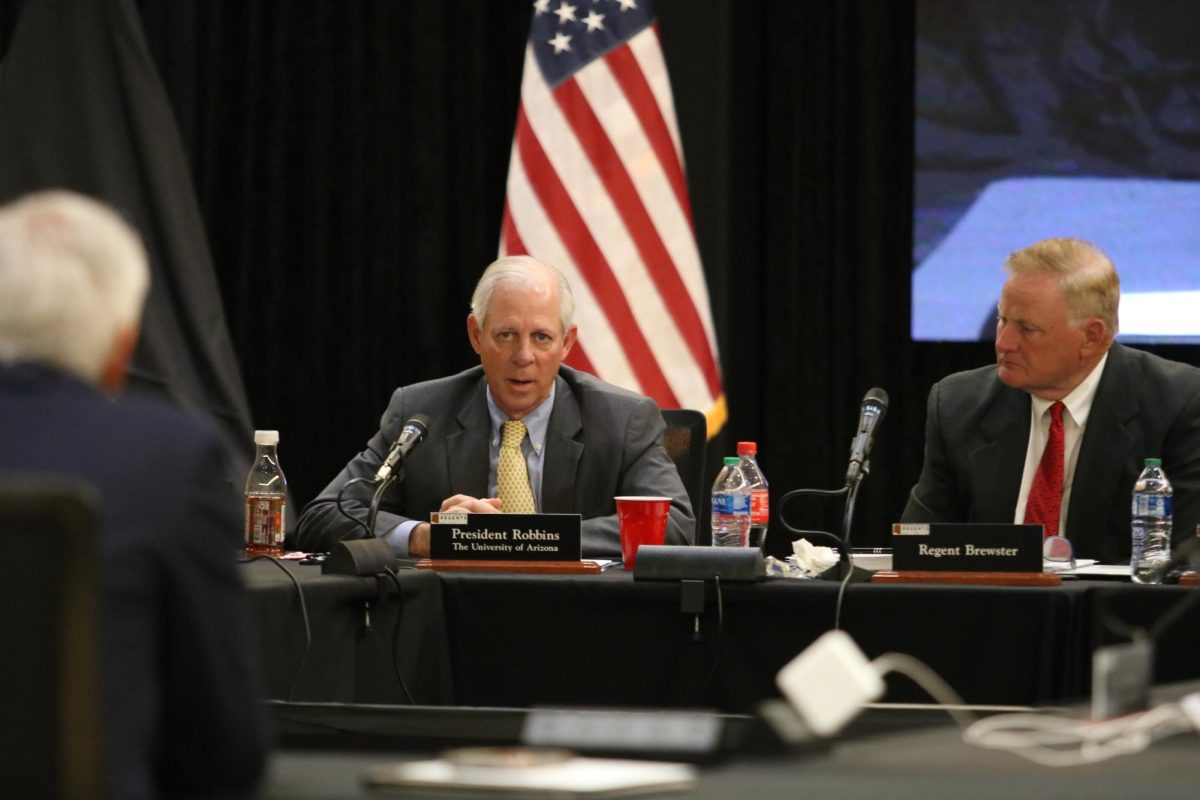The Black Student Union held a discovery workshop with the Beautiful in Every Shade: 50 Shades of Black movement at the Student Union Memorial Center on Thursday evening.
Through the efforts of BSU President Kevyn Butler, the co-creators of Every Shade, Carlton Mackey and Devan Dunson, hosted the gathering in the Catalina and Tucson rooms of the Student Union.
The workshop began at 5 p.m. with an impromptu introduction by Mackey that showcased the goals of Every Shade.
“You are beautiful,” he said to the room of black students. “From your kinky hair, to your hips, to your full lips, to your shape, you are beautiful.”
Mackey, Ethics and Arts Program director for Emory University Center for Ethics, described his conception of the 50 Shades of Black movement.
“It started with a literal spectrum of black sexuality and body image,” Mackey said. “It ended up turning into an effort to chip away at the normative standards society sets up about beauty and sexuality.”
Dunson, an artist, model and activist who majored in history from Hampton University, talked about how the movement has changed his conception of beauty and worth.
“I can see who I am in the world and what I’m not. I’m able to truly understand what defines me,” he said.
There were four “Activation Stations” throughout the Tucson Room that emphasized the idea of self-affirmation and pride in skin tone and body image.
One was the “Black Men Smile” station, which sought to engender discussions on black masculinity in contemporary society. Another was a written reflection station, where the attendees produced thoughts on personal identity, dignity and pride. There was also a display section on various sexual and racial identities: black Latina, East African, Jamaican, bi-racial and black gay male.
The Photo Booth station attracted most of the attendees and was part of an effort by Dunson and Mackey to create a mosaic of black identity.
“We want to create a mosaic of people’s collective identities that is more beautiful than their individual selves,” Mackey said.
Isoken Adodo, program coordinator for African American Student Affairs at the UA, said the goal of the event was to reach out to students wrestling with issues on beauty and body image.
“I’m 28 [years old] now, but when I was 18, you would never see my hair like this,” she said, pointing to her head. “I would struggle with the fact that I’m not a size four, that I had a bit of a shape.”
Adodo said she learned the importance of authenticity in identity as the years went by and that she hopes Every Shade can teach students the same at an earlier stage.
“I think this event is great because it gives these young students the opportunity to look in the mirror and say, ‘I love my skin, I love my hair, I love my lips,’ ” Adodo said.
Many of the younger attendees echoed Adodo’s description of adolescents’ struggle with positive identity.
“I think this is a great sort of event because black people make up a very small minority at the [UA],” said Taperra Riddle, a sociology freshman.
Riddle and her friend, Anika Gaysue, a computer science freshman, talked about the importance of black Americans coming together and discussing specific issues of pride, dignity and identity.
“It’s good to know that there are other people with similar problems to talk about,” she said.
The event concluded with an open panel for reflection, in which various black students shared their feelings of self-doubt about body image and skin tone. They talked about how they had to alter their natural hair, name pronunciation and body image to please what they saw as broader cultural trends of beauty.
To snapping fingers and applause, the group then discussed how they abandoned these beauty standards and sought a more authentic image for themselves.
While the event’s focus was on black pride and identity, Mackey and Dunson ended the evening with a universal message.
“None of us are beautiful until we acknowledge the fact that all of us are,” Mackey said.
Follow Isaac Rounseville on Twitter.









